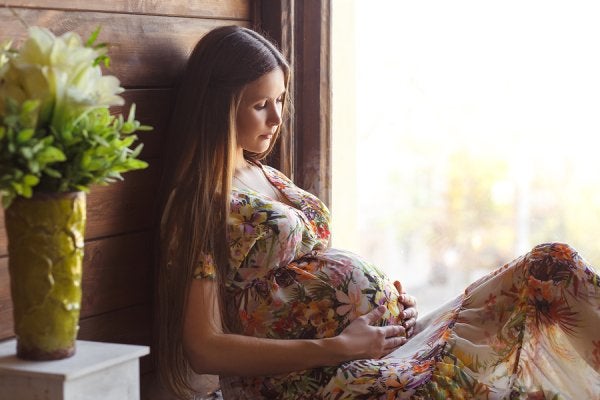
What to Expect When You’re Expecting (From Your Eye Health)
As you prepare for the hormonal, metabolic and other physical changes of pregnancy, your vision may not be at the top of your list. But the hormonal and physical changes that come with pregnancy can also affect your eyesight. Most vision changes during pregnancy are minor and return to normal after the birth of your child, but knowing in advance the ways your vision can change will help you safeguard against the problems and be prepared for dealing with them.
Dry eyes during pregnancy
You may notice during pregnancy that your eyes are drier than usual, a factor that can make your contact lenses less comfortable. This issue should disappear after your child is born, but to make it better in the meantime you can use artificial tears to wet your eyes and guard against dryness. Be sure to use a solution that is safe for your contacts and for pregnant women. Wearing contact lenses for shorter periods of time or switching to glasses can also help keep dry eyes at bay.
Blurred vision during pregnancy
You may already know that water retention is common during pregnancy, but a less commonly known impact is that water retention can change the shape of your cornea. The retention can cause the thickness and curvature of your cornea to increase slightly, possibly blurring your vision. These changes are usually temporary and will revert after delivery, so it’s not a good time to get LASIK surgery or a new prescription for glasses or contact lenses. If it does bother you, however, you should talk to your ophthalmologist about whether to change your prescription.
Changes in existing eye conditions during pregnancy
Pregnancy can also impact existing eye conditions, especially stemming from diabetes. If you have diabetes, you should see an ophthalmologist before getting pregnant and regularly during pregnancy to screen for diabetic retinopathy. The condition involves damage to the blood vessels in your retina and often worsens during pregnancy.
While some conditions can worsen during pregnancy, glaucoma will actually sometimes improve. If that is the case, your ophthalmologist may need to adjust your medication.
Are there any dangerous eye symptoms during pregnancy?
Yes. Vision changes can be a sign of preeclampsia, a potentially serious problem that occurs in a small number of pregnant women. Contact your doctor or midwife immediately if you have any of the following symptoms: double vision, blurry vision, sensitivity to light, seeing spots or flashing lights, and temporary loss of vision.

